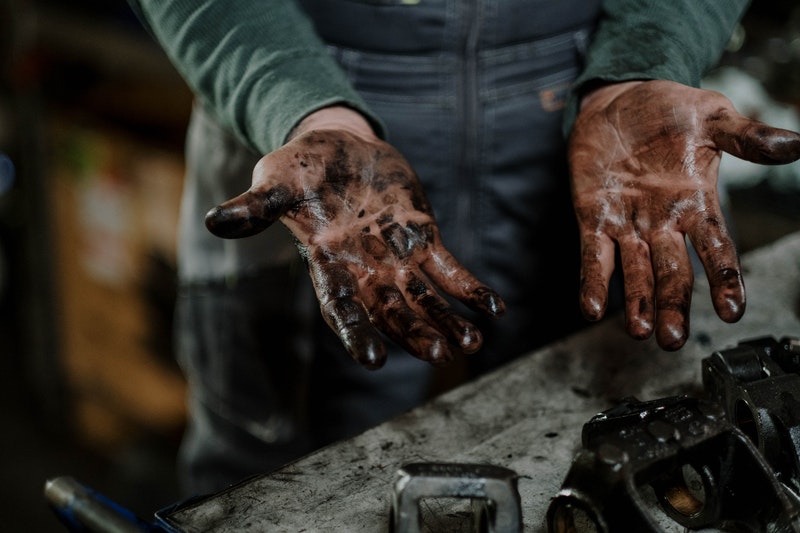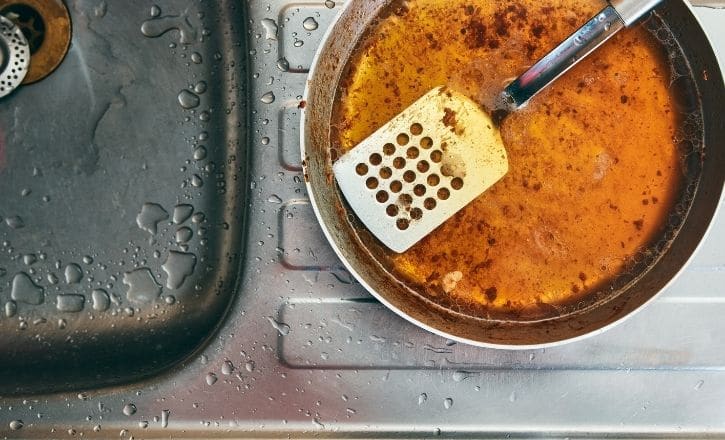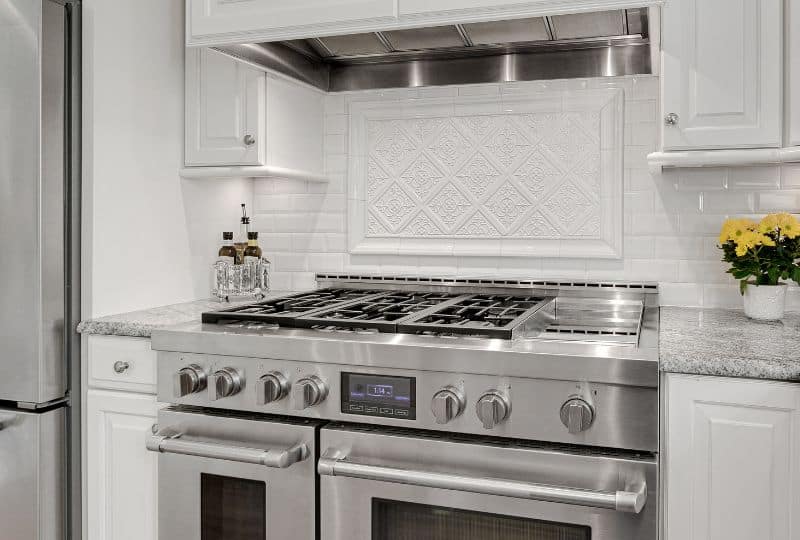Cooking a homemade meal is one of life’s little joys. Cleaning up the kitchen after dinner, however, is a much less joyous occasion. When it comes to cleaning up, it’s tempting to cut corners.

Image Source: pexels.com
We leave dishes in the sink to soak, so we say, but don’t exactly rush to scrub them. We wipe down splashes with a wet paper towel without wiping as hard as we should. And we’ve all, at one point or another, kicked a few spare crumbs under the oven rather than bend over to pick them up.
There’s one shortcut, however, that doesn’t make life easier—quite the opposite. We refer, of course, to taking collected fat, oil, or grease, and in the absence of an empty jar or plastic bag, pouring it down the drain.
To call this a bad idea is unfair to bad ideas. So what happens when you pour grease down the sink, then? While it may seem harmless at first, those liquid lipids will become a solid problem for you and your plumbing. Here’s how.
For Houses With Septic Tanks
Many homes don’t connect to municipal sewer systems and thus have self-contained septic systems instead. These underground tanks collect and process household wastewater. It’s natural for septic tanks to have what’s called a “FOG layer,” or “fats, oils, and greases,” floating above the water.
However, excess grease buildup from oils and rendered animal fats causes this layer to grow too large and block the tank’s drainage pipes. Pouring your grease down the drain is one of the worst things a septic tank owner can do.
For Houses and Buildings Connected to Sewer Lines

Benefiting from sewer access doesn’t excuse you from disposing of grease responsibly. In fact, it’s just as important to avoid pouring grease down the sink if you use public utilities. Here, grease buildup and its consequences are community problems.
As fats, oils, and greases make their way into sewer lines, they can collect and interact with minerals and other compounds, around which they harden into monstrous blocks called “fatbergs.” These can block entire sewer lines, making it incumbent upon everyone to do their part.
What’s the Best Way To Avoid This?
Painting the ugly pictures of what happens when you pour grease down the sink should be enough to convince even the sloppiest cleanup crews among us to start thinking responsibly. If you have an empty jar on hand from your recipe, that’s a great receptacle for your rendered fat or grease. If you don’t, buy a funnel to help you fill a resealable sandwich bag that you can throw away.
In select cases where there’s not that much grease, sopping it up with paper towels is better than pouring even a little grease down the drain. It’s a little extra work and a few extra cents, but vastly preferable to masses of fat in the sewer or failed septic tanks—and that’s the skinny on that.




Leave a Reply